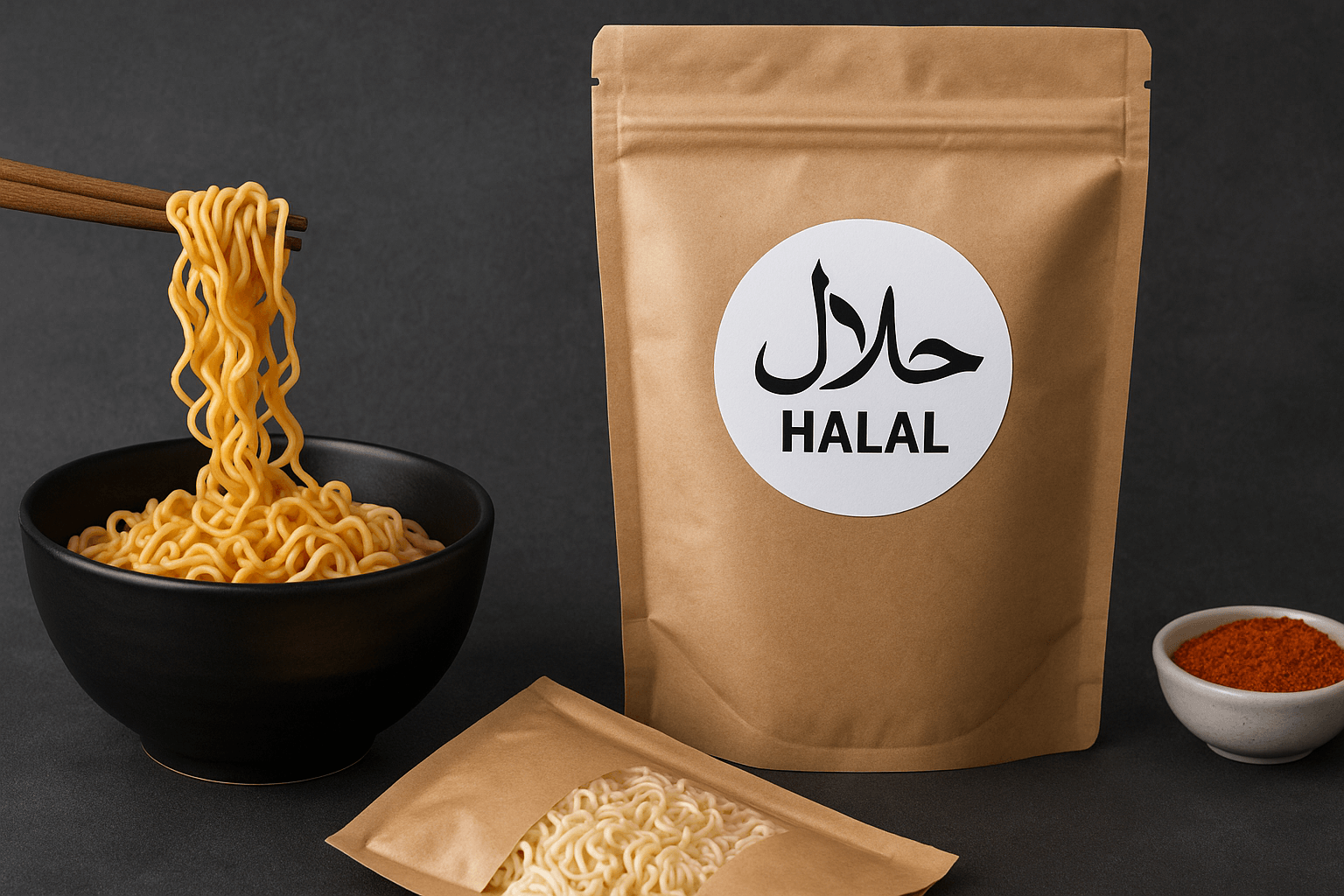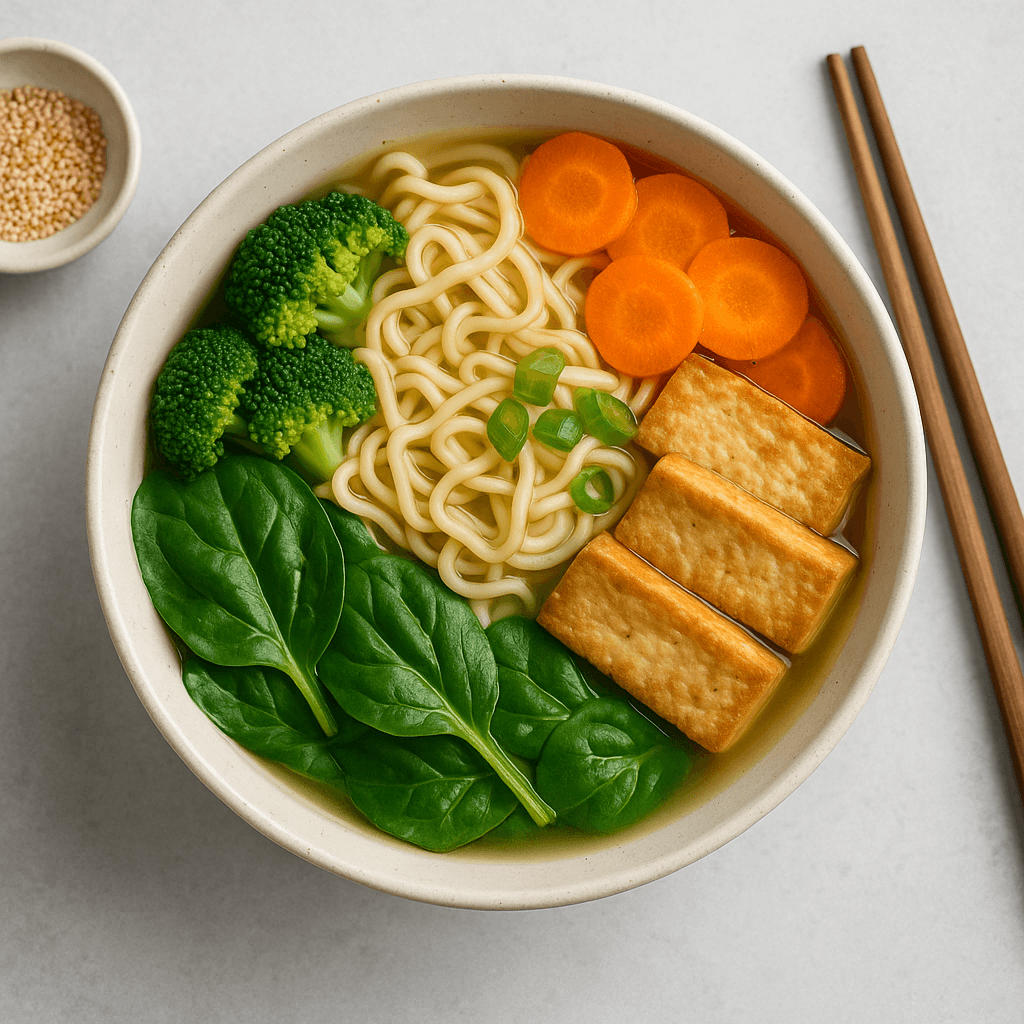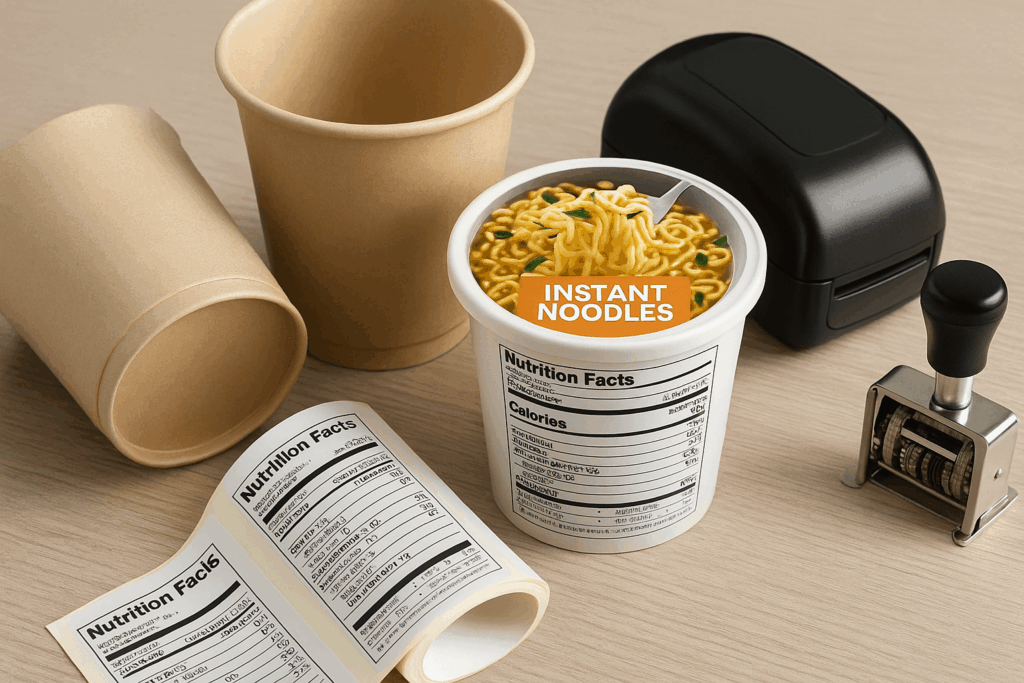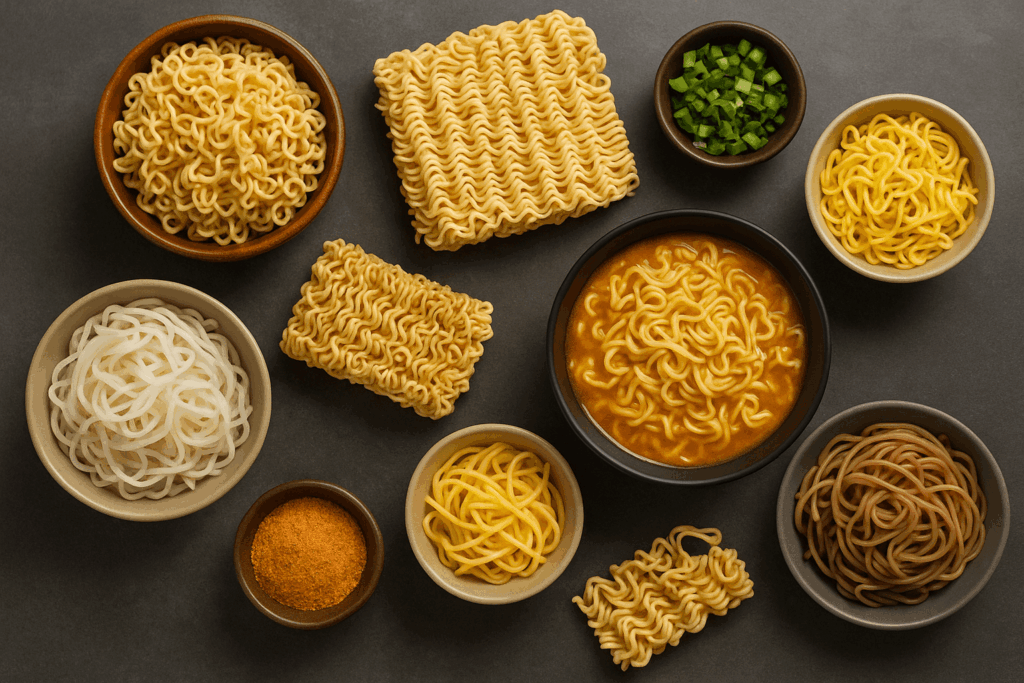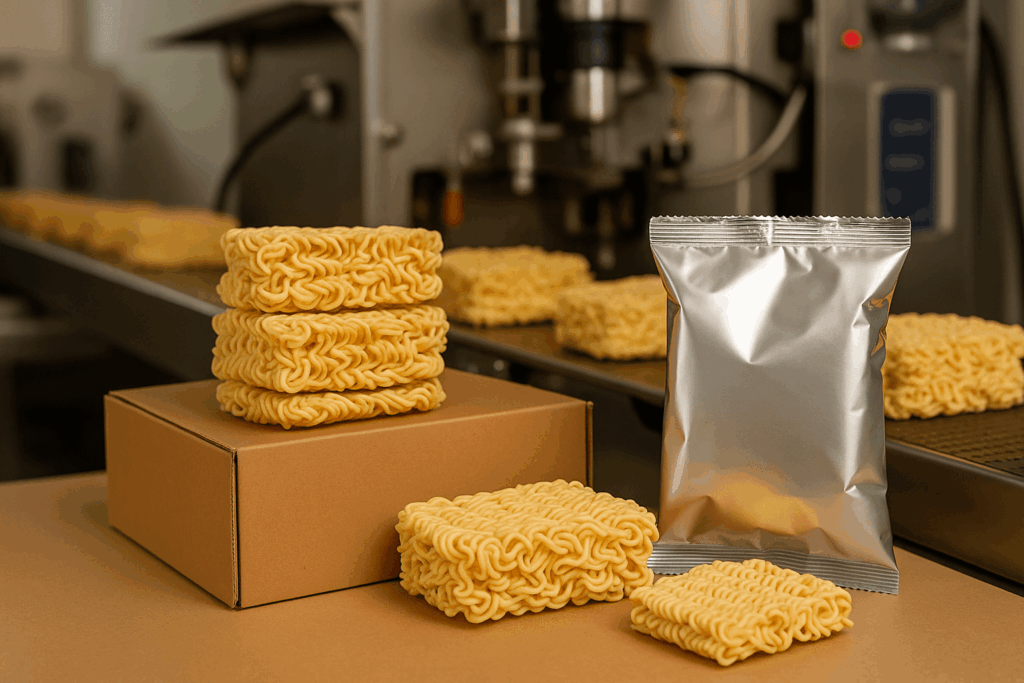The Middle East is one of the fastest-growing markets for ready-to-eat and packaged foods — especially instant noodles and meals that fit busy urban lifestyles.
But to access this opportunity, brands must meet strict Halal certification standards and comply with regional food import regulations.
At Kimdee, we help food brands navigate halal production, labeling, and export logistics to enter the UAE, Saudi Arabia, and other key MENA markets.
Here’s everything you need to know to go halal — and go global.
✅ 1. Why Halal Certification Matters
Halal isn’t just a religious preference — it’s a legal requirement for food imports in many Middle Eastern countries. Products without valid certification will be denied entry at customs.
Halal means:
Ingredients are permitted under Islamic law
No cross-contamination with non-halal items
Production follows approved sanitary and ethical practices
📌 Countries that enforce halal rules on imports:
UAE, Saudi Arabia, Qatar, Kuwait, Bahrain, Oman, Malaysia, Indonesia
✅ 2. What Qualifies as Halal in Instant Meals?
To make a halal-compliant noodle or ready meal, manufacturers must:
Use halal-certified meat or none at all (vegan is accepted)
Avoid alcohol, gelatin, animal fats, and lard
Prevent cross-contamination during production and packaging
Pass audit by an authorized Islamic certifying body
Kimdee develops both halal meat-based and vegan-friendly instant noodle SKUs.
✅ 3. Halal Certification Bodies to Know
Accepted halal certifiers vary by country. Some globally recognized bodies include:
JAKIM (Malaysia)
GAC (Gulf Accreditation Center)
ESMA (UAE)
HFA (UK)
IFANCA (USA)
At Kimdee, we partner with halal-certified OEM factories that are recognized in key GCC and ASEAN markets.
✅ 4. Packaging and Labeling for Halal Markets
To comply with GCC and Islamic import laws, packaging must include:
Recognized halal logo
Arabic translation of ingredients and nutrition panel
Clear country of origin
Production and expiry dates
We help brands develop GCC-compliant packaging with localized content.
✅ 5. Export Tips for Halal Markets
To streamline your export:
Choose an OEM partner experienced in halal production
Ensure labeling meets country-specific regulations
Pre-register with food authorities in UAE or Saudi Arabia
Avoid shipping near Ramadan unless well in advance
Kimdee helps clients prepare documents, arrange certificates, and manage customs clearance.
📩 Want to sell your products across the Middle East?
Email: carlng@kimdeefoods.com
🔗 Start halal export with Kimdee
❓ FAQ
Q1: Is vegan food automatically halal?
A: Not always. It must still be free of alcohol and made in a halal-certified facility.
Q2: Can Kimdee provide halal meat-based noodles?
A: Yes, with verified halal sourcing and documentation.
Q3: What’s the MOQ for halal products?
A: Typically 15,000–20,000 units depending on ingredients and format.


